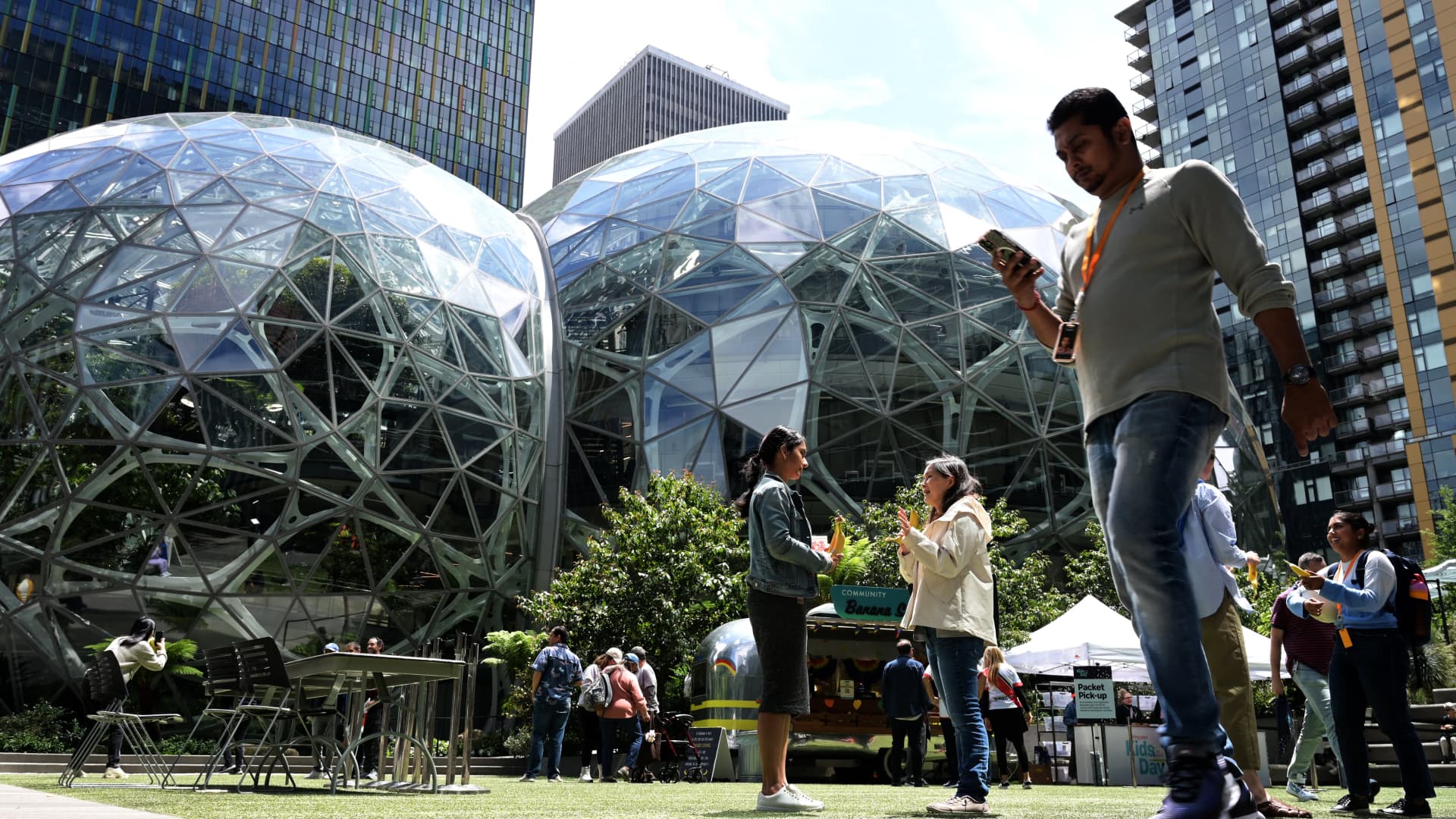From November 1 2025 the Delhi government will ban non-BS6 diesel commercial vehicles in an effort to clear the air this winter. Read on for seven practical steps you can take now to improve air quality and comply with the new rules.

As winter approaches, Delhi once again prepares to fight its annual battle with toxic air. The Delhi government has taken a big leap towards discouraging the increasing level of pollution by declaring that starting November 1, there will be no entry point for commercial vehicles of non-BS6 diesel in the national capital. This step will minimise the emissions and enhance the quality of the air this year in the high-pollution months of November and December.
Why the Ban on Non-BS6 Vehicles?
The car models failing to meet the BS6 (Bharat Stage 6) regulation of emissions produce a lot of toxic gases such as nitrogen oxides and particulate matter. Such pollutants are some of the leading causes of poor air quality in Delhi most especially in winter when smog is aggravated by stubble burning, construction dust and weather conditions. With the prohibition of the older business models, the officials expect to decrease the total number of vehicle pollution which represents a significant portion of the urban reproductions.
Who Will Be Affected?
All kinds of business vehicles, such as trucks, tempos, and buses coming into Delhi, are under the ban provided that they do not comply with BS6 norms. Nevertheless, it will be possible to have vehicles transporting necessities like fruits, vegetables, and medicines. Issues and guidelines are already provided by the Transport Department which asks neighbouring states to cooperate in the implementation of the ban.
Key Steps to Improve Delhi’s Air Quality
Advertising of Electric Vehicles
Delhi is promoting the use of electric vehicles (EVs) through the provision of subsidies and/or the growth of charging infrastructure. It aims to reach 25 per cent of the total new car registrations as electric vehicles in the years to come.
Odd-Even Traffic Scheme
The odd-even regulation that prohibits vehicles based on their number tags might be reinstated in case of an increase in the level of pollution. This plan can be used to reduce traffic emissions in the short term.
Ban on Construction Dust
Close attention is paid to places of construction and destruction. Failure of projects to comply with dust control standards may attract stiff punishment, including work stoppage.
Industrial pollution crackdown
The government has directed the shutdown of those industries that use polluting fuel and has moved a considerable number of the industries to cleaner sources of energy such as CNG or electricity.
Road Dust Control
The use of more mechanical sweepers and water sprinklers in city roads has been implemented to help curb the level of road dust which is the primary factor that contributes to PM10.
Public Awareness Campaigns
The government has also initiated a campaign to encourage people to use the concept of carpooling, not use fireworks and ensure their vehicles are well-maintained in an attempt to cut down on emissions.
Bans and regulations should be useful in the short term, but long-term advancement of the air quality requires long-term actions on the part of both government and citizens. The clean air fight in Delhi is not yet finished; however, the city is getting closer to cleaner breathing with every step, such as the ban on non-BS6 vehicles.
Subscribe to Our Newsletter Today!












Leave a Reply